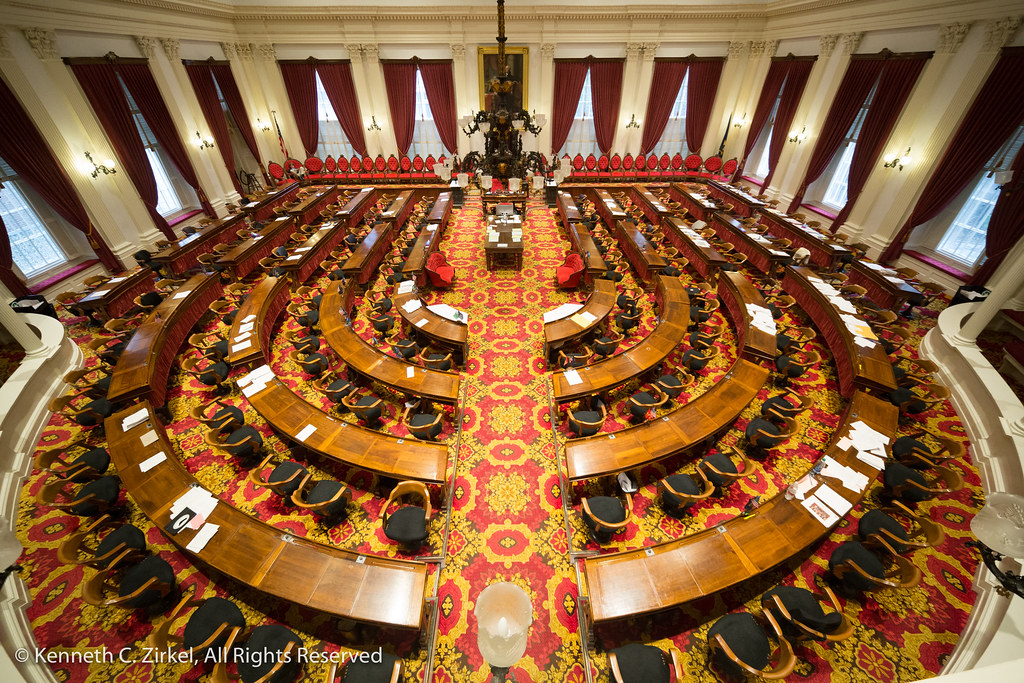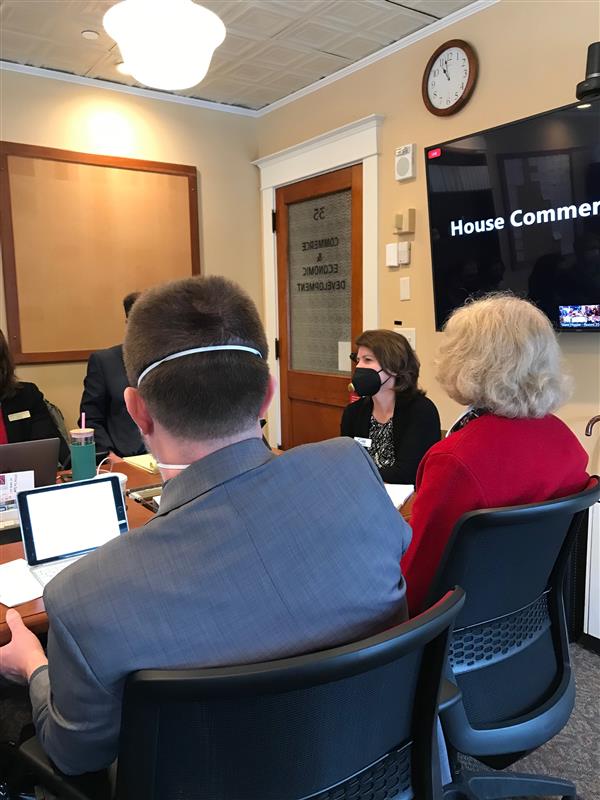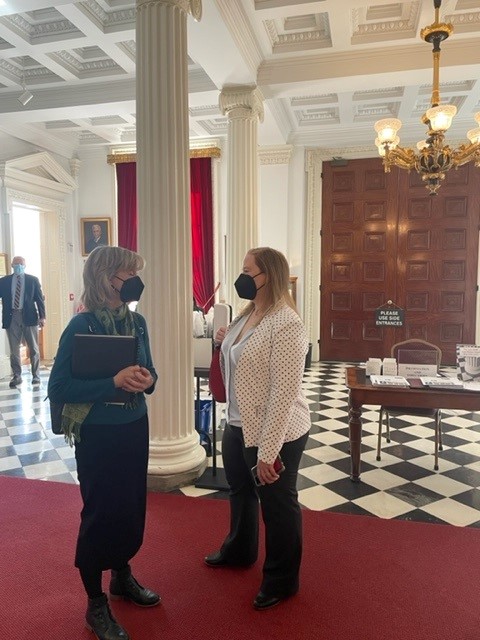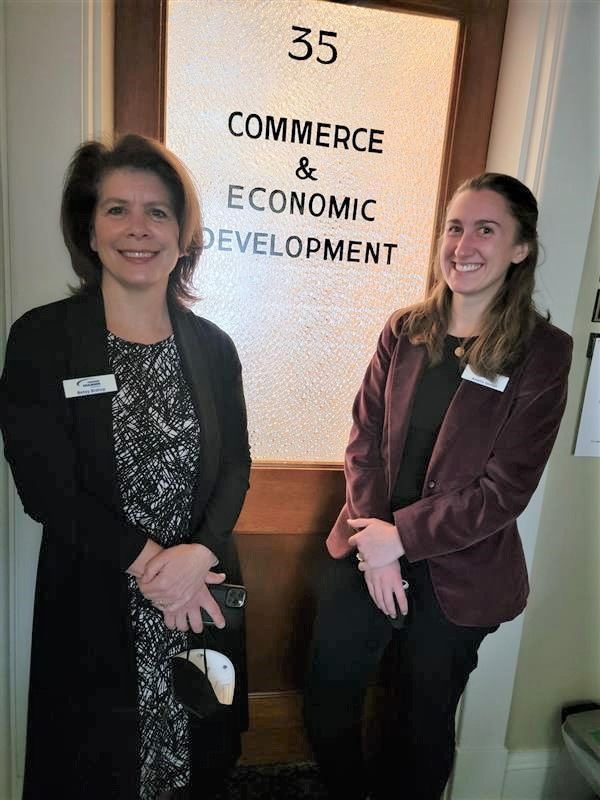Senate Finance Committee Passes Tax Relief Bill
The Senate Finance Committee passed H.510 which includes a total of $32 million in tax relief proposals, the bulk of which is a Child Tax Credit. The Senate version, with a cost of $22 million a year, carries a three-year sunset and is drastically scaled back from the House version, which creates a permanent program at the cost of $48 million per year. Also included in the Senate version is an expansion of the Child and Dependent Care Credit, a Student Loan Interest Deduction, a Manufactured Homes Tax Credit expansion, and a Social Security exemption expansion. Read more about the fiscal impacts of the bill according to the Joint Fiscal Office.
SHARE THIS ARTICLE
RECENT NEWS






